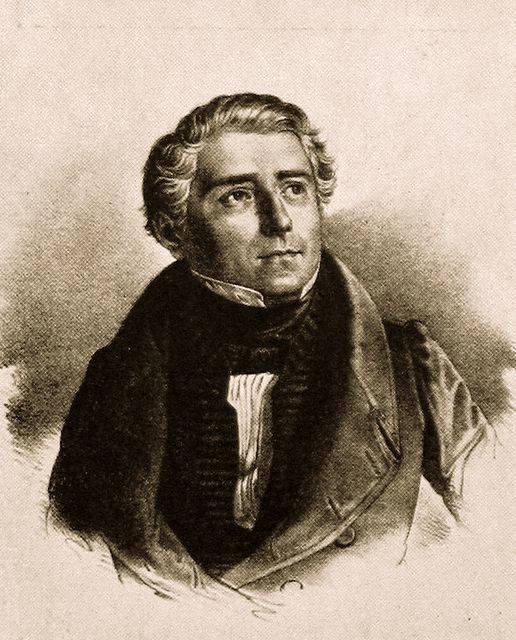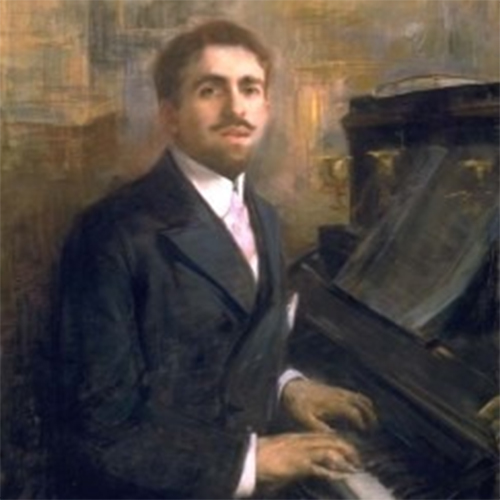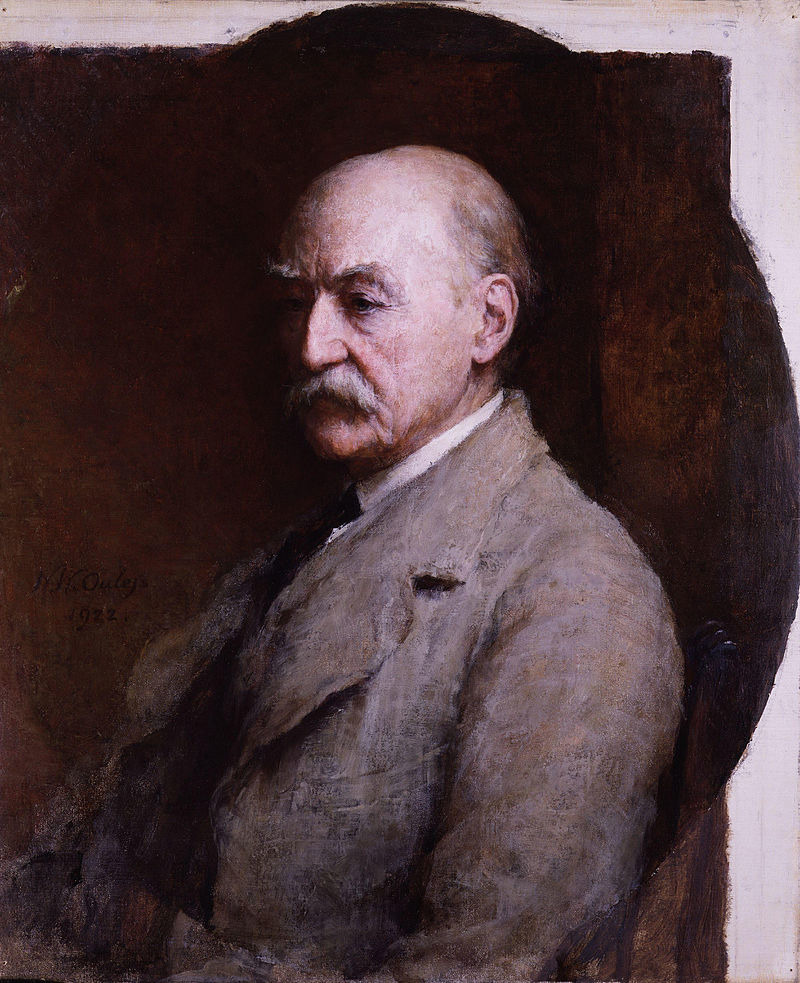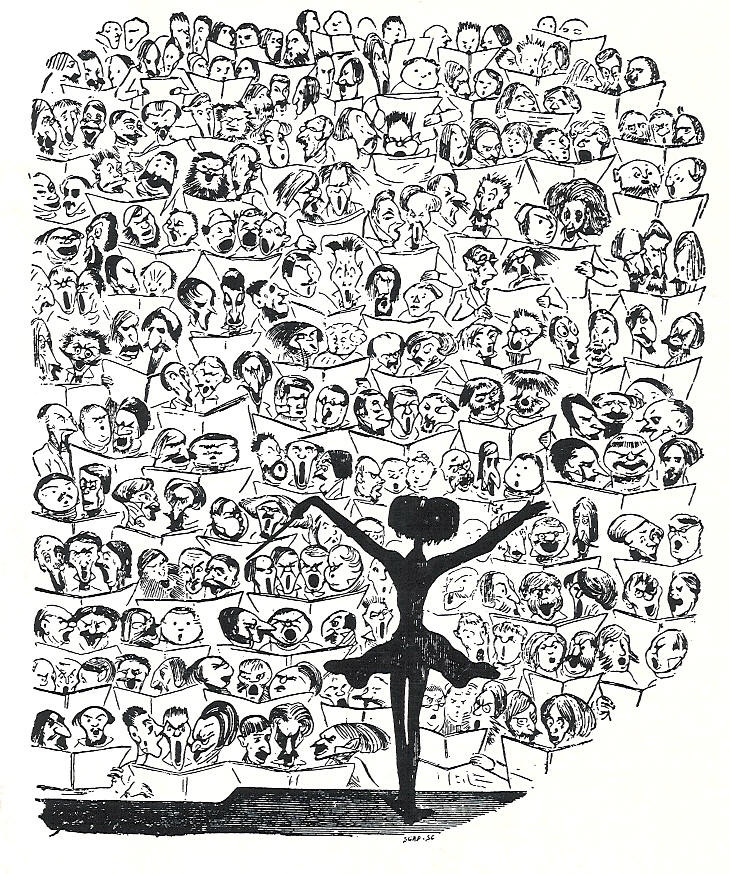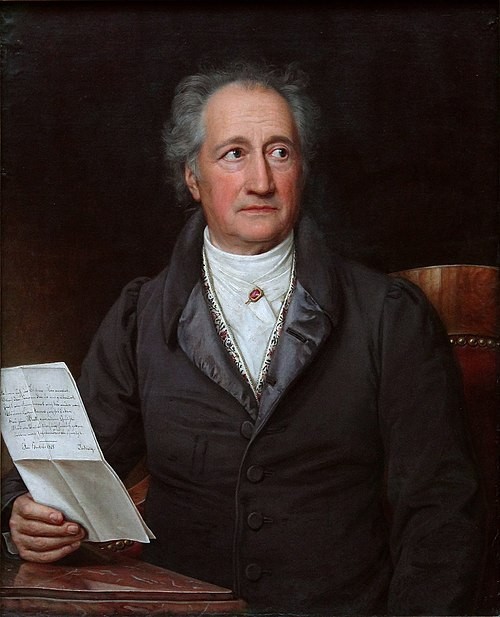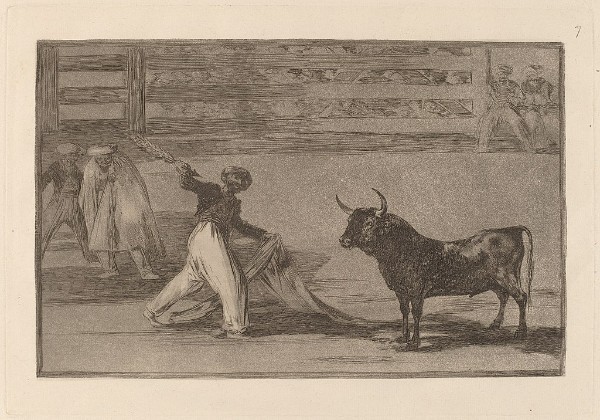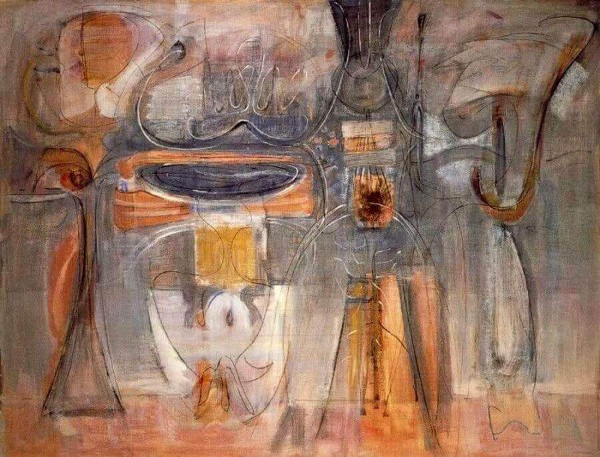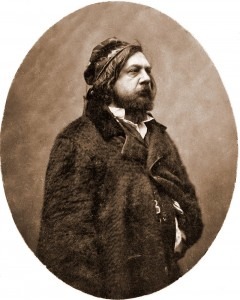
Théophile Gautier by Nadar, c. 1856
Falla: 7 Canciones populares españolas: No. 7. Polo (Della Jones, mezzo-soprano; Malcolm Martineau, piano)
Although most of the poets Falla set were Spanish, Antoinio de Trueba (1819-1889), Gustavo Adolfo Bécquer (1836-1870), Cristóbal de Castro (1874-1953), Gregorio Martínez Sierra (1881-1947), and Luis de Góngora (1561-1627), he also set three poems by the French poet Théophile Gautier (1811-1872).
The Trois Mélodies (1910) take their texts from two sources by Gautier: La Comédie de la Mort, published in 1838, and, most appropriately for Falla, España, published in 1845. La Comédie de la Mort was a very 19th century product, fascinated as that time was by death. Unlike his contemporaries, however, Gautier found the topic to be solemn and impressive. Accordingly, the first song, Les colombes (The doves), is about doves nesting in a tree in a graveyard – Gautier compares their nest to his soul, which every morning releases crazy visions, just as the doves fly in the morning light.
Falla: Trois Mélodies: No. 1. Les colombes (Bernarda Fink, mezzo-soprano; Anthony Spiri, piano)
Falla’s early setting of de Castro’s Tus ojillos negros (Your black eyes: 1903) is a passionate love song that became very popular in the US at the turn of the century and was said to be quite embarrassing to Falla, so much so that his later musical style changed dramatically.
Falla: Tus ojillos negros (Merlyn Quaife, soprano; Len Vorster, piano)
The post-romantic poet Gustavo Adolfo Bécquer was the source for two highly dramatic songs: Olas gigantes (Giant Waves), and Dios mío, qué solos se quedan los muertos (My God how lonely are the dead). The first is about the loneliness of one who is left alone with her pain when her love departs, and the second is about the long process of the death and burial of a lover – the shadows of the night, the procession to the chapel, the sound of the clock in the chapel, and the funeral cortege and the gravedigger, the rain and the wind. It’s a meditation by someone looking at death for the first time.
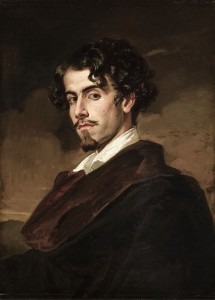
Gustavo Adolfo Bécquer, by Valeriano Bécquer (1862)
Béquer’s poetry was a favorite of his contemporaries and many friends could recite his verses from memory. They were collected in a 77-poem book simply called Rimas (Rhymes), published after his death by his friends.
A poem by Gregorio Martínez Sierra that Falla set in 1914 reflects the effects of the first world war on music is Oración de las madres que tienen a sus hijos en brazos (Prayer of Mothers with their children in their arms), where a mother prays that her son not be soldier because he will be killed and she will know neither the hour nor the day that her joy ended.
Falla: Oración de las madres que tienen a sus hijos en brazos (Merlyn Quaife, soprano; Len Vorster, piano)
The setting is very intimate and personal, meticulous in its dynamics and instructions.
Falla could convey the very essence of Spanish culture in his music and, at the same time, write music that could speak to everyone. His poetic inspirations were some of the leading poets of his time and he rose to their challenge with taste and creativity.

